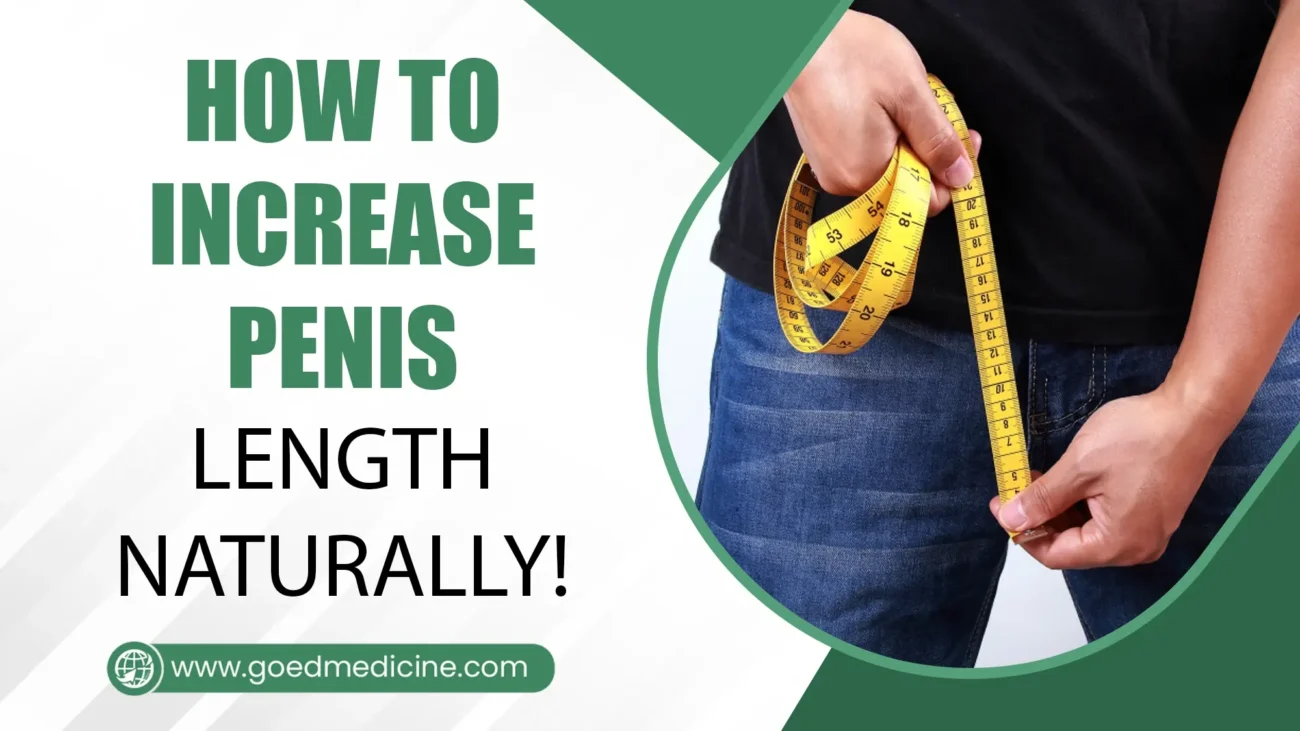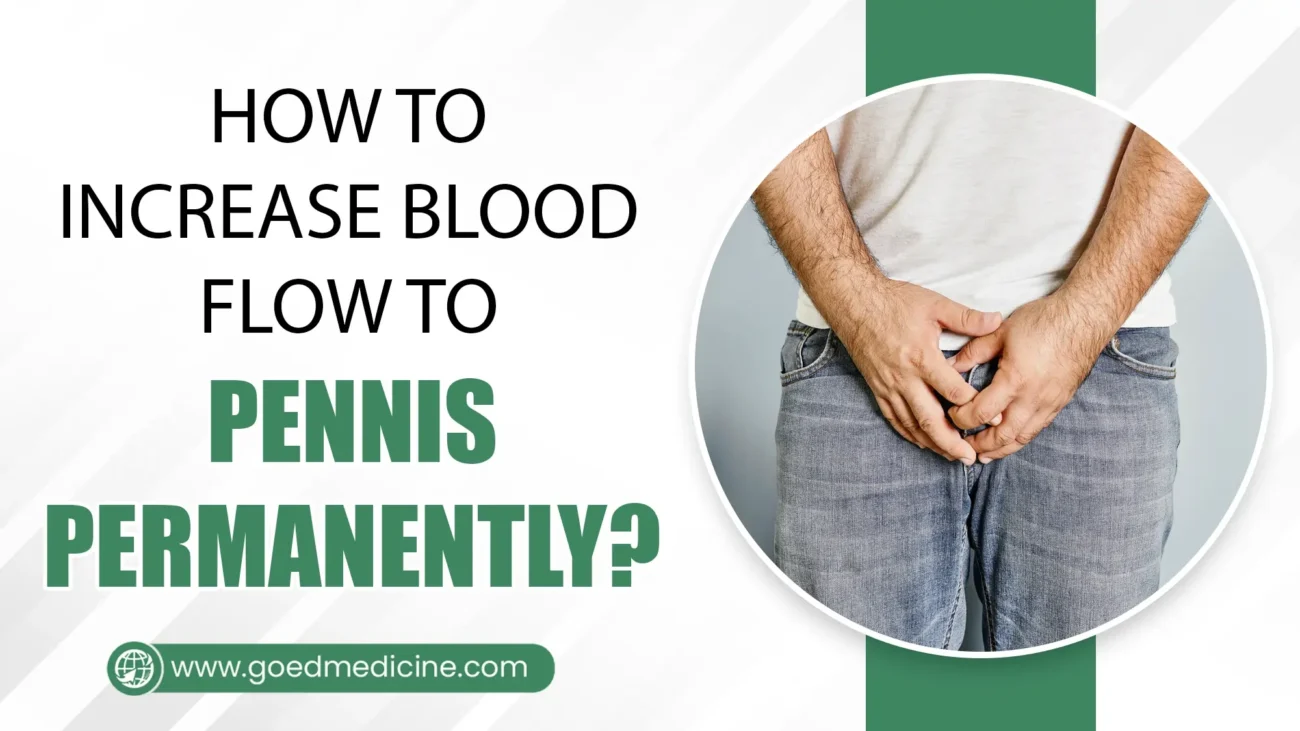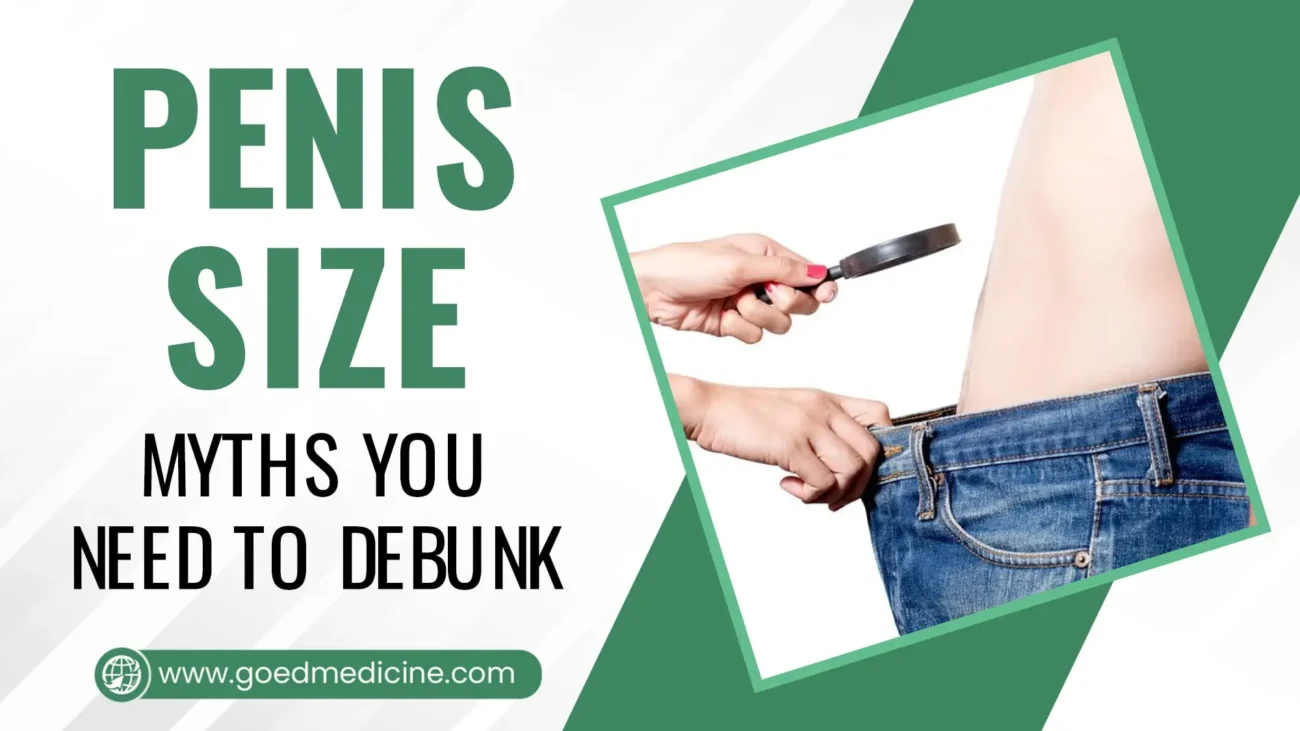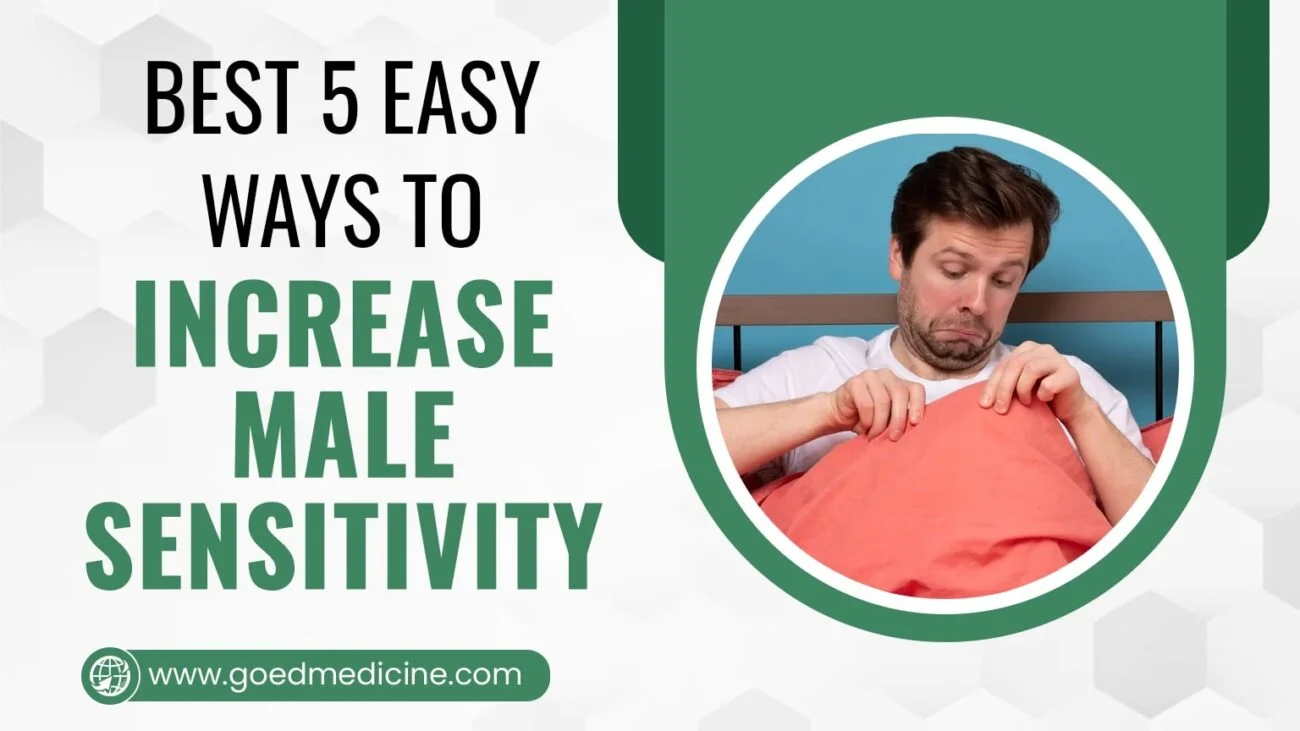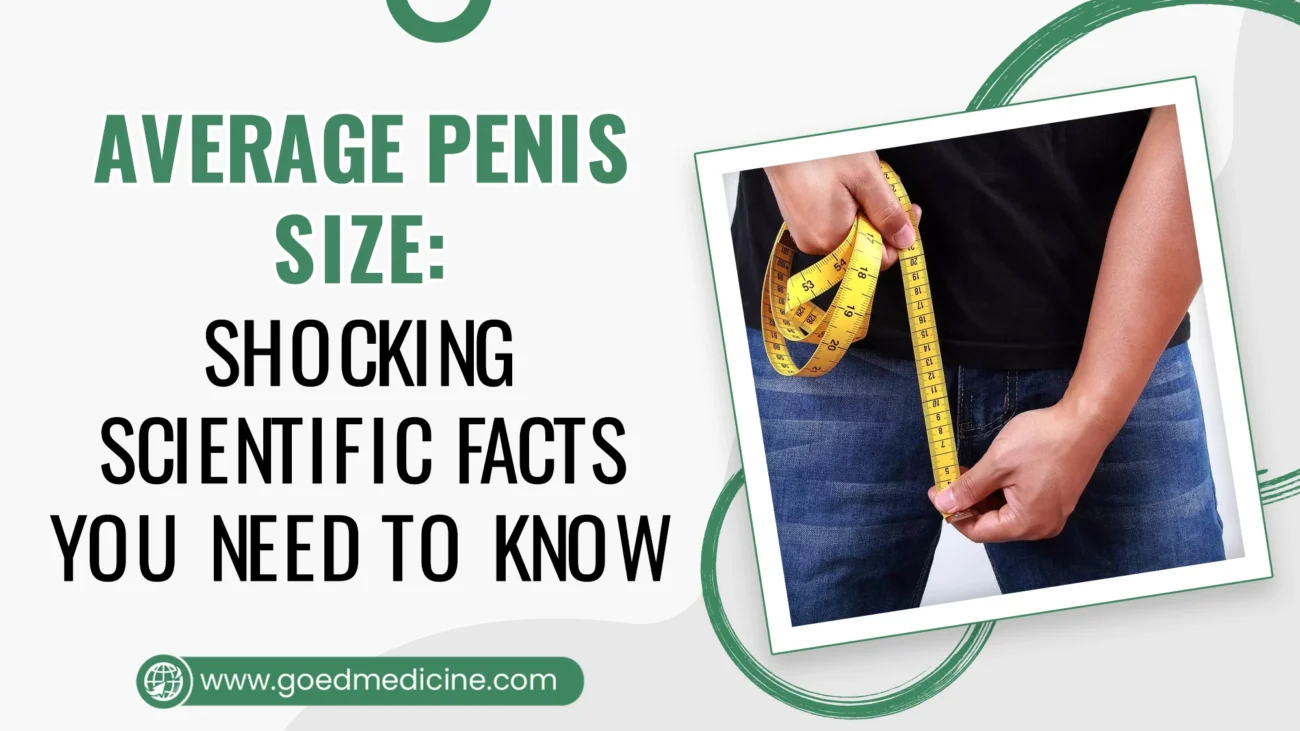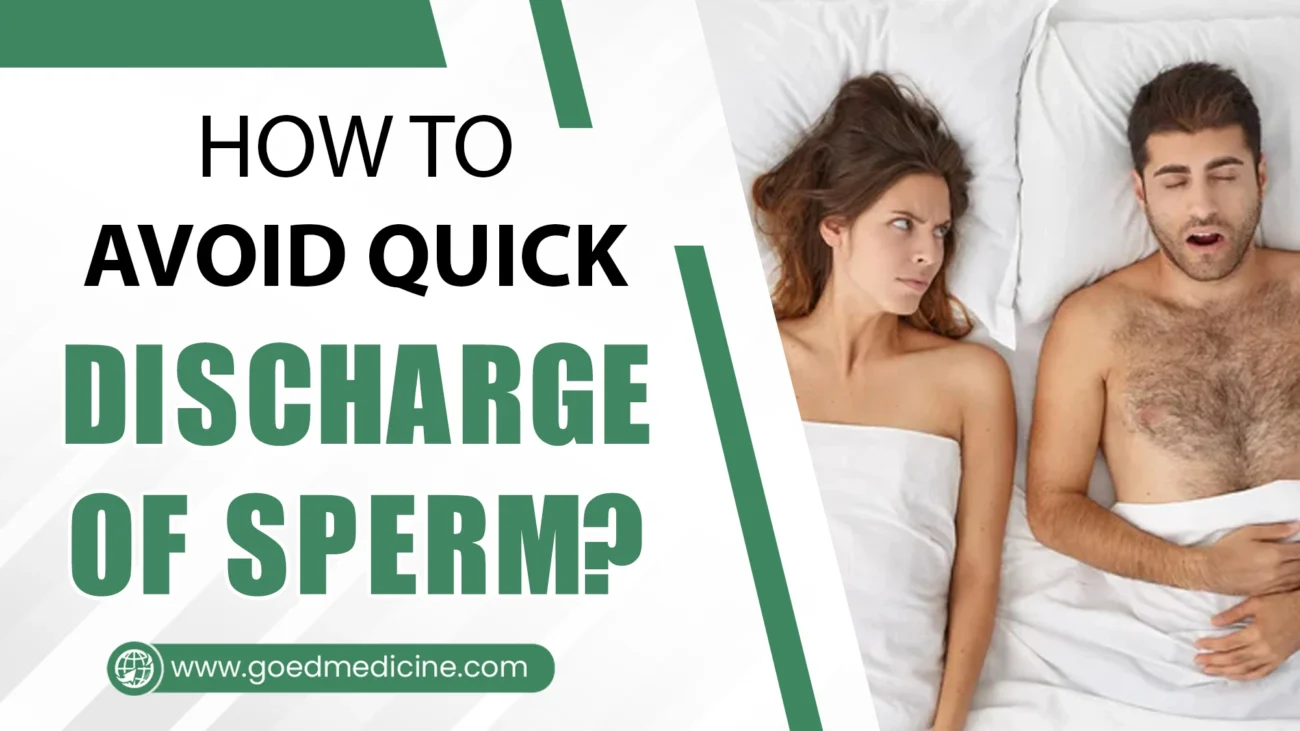What is the Age Limit For Penis Growth?
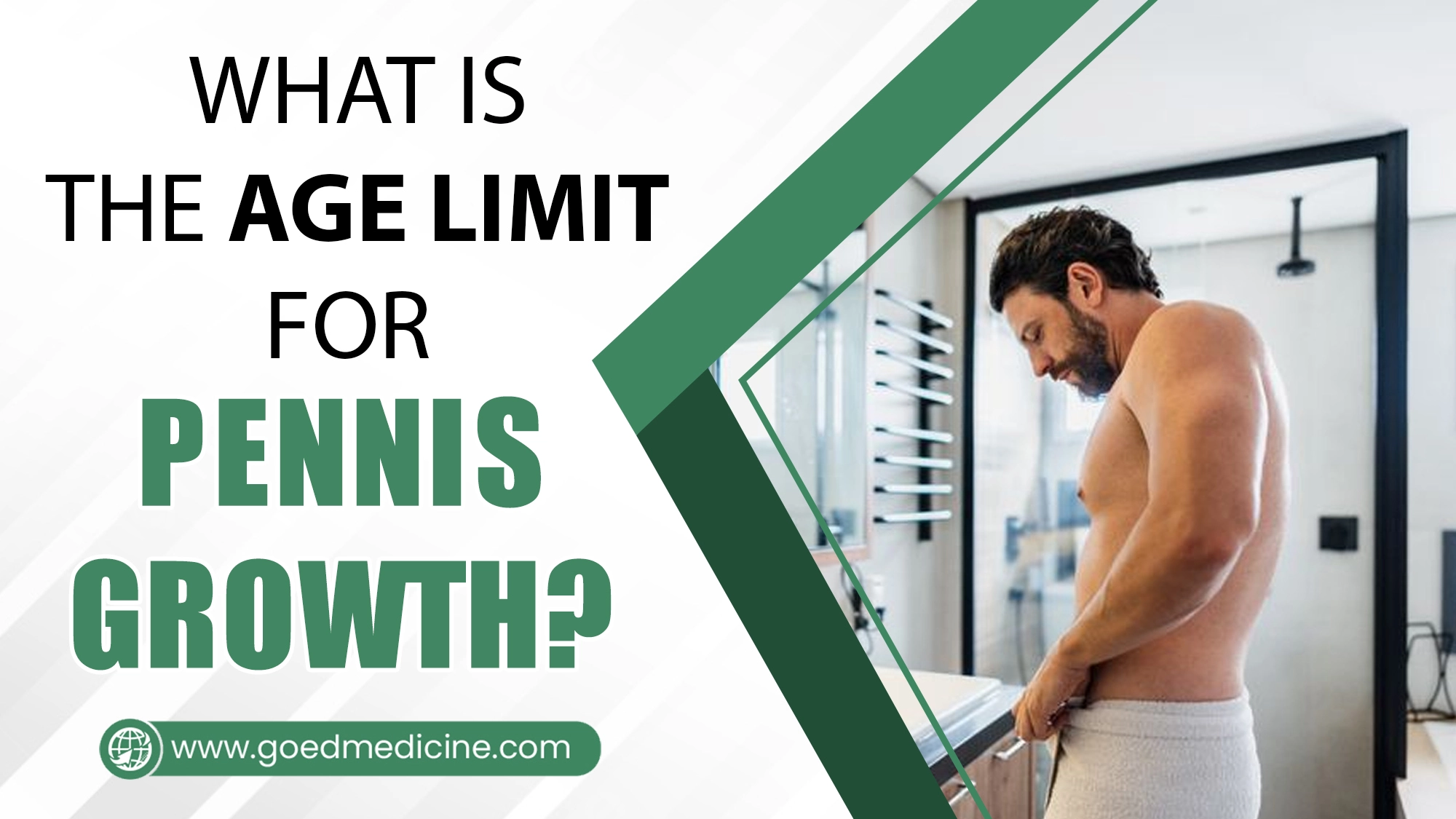
Penis growth is a significant concern among many men, as it affects their self-esteem and personal pride. During puberty, the age limit for penis growth which begins between the ages of 9 and 14, the penis normally grows until the early 20s.
Men typically determine their full penis size in their early twenties, although absolute age restrictions do not exist.
In this discussion, we’ll explore the typical age limit for penis growth, variations among individuals, influencing factors, potential methods to support development, and possible complications associated with delayed growth.
Table of Contents
The Different Age Limit for Penis Growth
- Early Puberty (9-14 years): Initial growth begins, which is often characterized by enlargement of the testicles.
- Medium Puberty (14-17 years): A rapid increase in length and circumference occurs.
- Late Puberty (17-21 years): Growth slows down and eventually stops.
It is important to note that individual growth is different, and in some people, growth can begin sooner or later than these averages.
When Does the Penis Begin to Grow?
The penis begins to grow in length and circumference during puberty. This is the time when the body begins to undergo physical and hormonal changes that are visible. Boys begin to mature between the ages of 9 and 14. But a boy can have a fully grown penis at the age of 13.
When Does the Penis Stop Growing?
The penis stops growing when the boy reaches puberty. However, the period of puberty can vary from person to person. Almost all the growth of the penis stops at the ages of 17 to 21, according to one study.
The development of the penis is also something that happens at your own pace. It may take you a little longer than your friends.
What is the Typical Age Limit for Penis Growth?
The typical age limit for penis growth is between 14 and 17 years. During this period, boys experience a jump in growth, which involves an increase in the size of the penis.
During this period, boys can experience an increase in penis length by up to 4 inches and an increase in penis circumference by up to 1.5 inches. After the age of 17, the growth of the penis slows down and stops in the early 21s.
The Factors Affecting Penis Growth
- Genetics: Hereditary characteristics play a significant role in determining size and growth patterns.
- Hormonal Levels: The essential part of development requires both testosterone along with other androgens.
- Nutrition: Adequate nutrition supports overall growth and development.
- Health conditions: Chronic diseases or hormonal imbalances can affect growth.
Understanding these factors can help people and carers support healthy development during adolescence.
Increase Penis Growth
1. Maintain a Healthy Lifestyle
- Eat a healthy diet rich in nutrients.
- Engage in regular physical activity to improve blood flow.
- Get enough sleep to maintain hormonal balance.
2. Avoid Harmful Substances
- Refrain from smoking, which can worsen blood circulation.
- Limit your alcohol consumption to prevent hormonal disorders.
- Avoid recreational drugs that can affect sexual health.
3. Supplement with Essential Vitamins and Minerals
- Use zinc to help produce testosterone and sperm health.
- Use magnesium to support blood circulation and hormonal balance.
- Vitamin D is important for supporting testosterone levels.
4. Accept Positive Lifestyle Changes
- Manage stress through relaxation techniques like meditation.
- Take regular sexual activity to promote blood flow.
- Stay hydrated to maintain overall bodily functions.
Potential Complications of Late Growth of the Penis
- Penile Curvature (Peyronie’s Disease): The development of fibrous tissue from scars inside the penis can lead to its bending or distortion during an erection.
- Erectile Dysfunction (ED): Slow penile growth may be associated with erectile dysfunction (ED). This problem can be due to both physical factors, such as low flow of blood or hormonal imbalance, and psychological factors, such as stress, anxiety, or depression.
- Psychological Impact: Men who experience delayed penile development may suffer from decreased self-esteem, body image problems, and emotional stress, which can lead to anxiety or depression.
- Increased Risk of Testicular Cancer: Some studies have shown a link between delayed penile growth and a higher risk of testicular cancer, although more research is needed to establish a definitive link.
Erectile Dysfunction and Its Relationship to Penis Growth
Although penile growth ends in early adulthood, sexual health problems such as treating erectile dysfunction (ED) can occur later in life. ED is the inability to keep and achieve an erection sufficient for satisfactory sexual performance.
It is important to note that ED is not usually related to penis size but can be the result of various factors:
- Physical Causes: Several diseases, such as diabetes, cardiovascular disease, and hormonal imbalance.
- Psychological Factors: Stress, together with anxiety and depression, serve as factors that may be the cause of ED.
- Lifestyle Choices: Smoking, drinking alcohol in large amounts, and lack of exercise.
Treatment Erectile Dysfunction
- Lifestyle Changes: Improve diet, increase physical activity, and reduce stress.
- Therapy: Counseling or sexual therapy can affect psychological factors.
- Medications: Phosphodiesterase inhibitors such as Viagra tablets are often prescribed.
FAQs – Frequently Asked Questions
1. Can the Size of the Penis Increase After Puberty?
After puberty, it is unlikely to significantly increase the size of the penis. Although some products claim to increase in size, their efficacy is not supported by scientific evidence.
2. Does Over Masturbation Cause ED and a Decrease in Penis Size?
Over-masturbation is not a direct cause of erectile dysfunction and does not affect the penis size. However, excessive focus on pornography or certain habits can affect sexual activity.
3. At What Age Does the Penis Stop Growing?
The age limit varies between people. Usually, the penis stops growing at the end of puberty, usually at the age of 17 to 21 years.
Conclusion
In conclusion, the growth of the penis is a natural part of the growth of a man, usually age limit for penis growth starting at puberty at 9 and 14 years of age and lasting until the early 20s. Although most growth occurs during adolescence, individual abnormalities are normal, and in some people, changes may occur a little earlier or later.
Knowing the standard development timeline together with penis growth determining elements will reduce needless panic. Medical expert consultation is necessary for proper evaluation when you notice any delays in growth accompanied by additional problems related to your penis.
Reference


